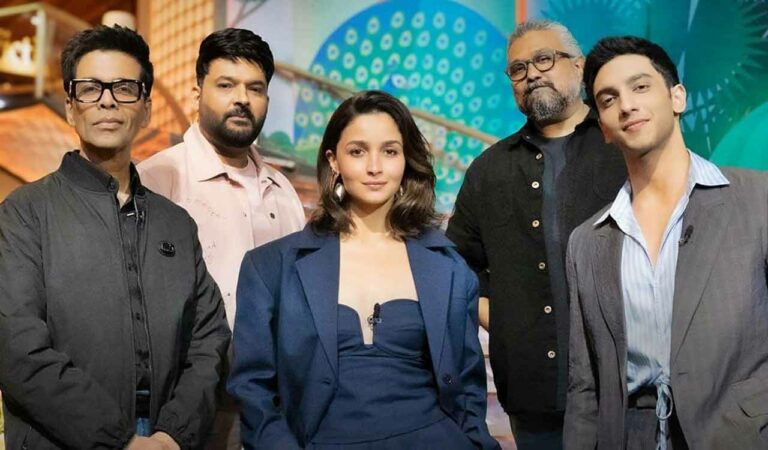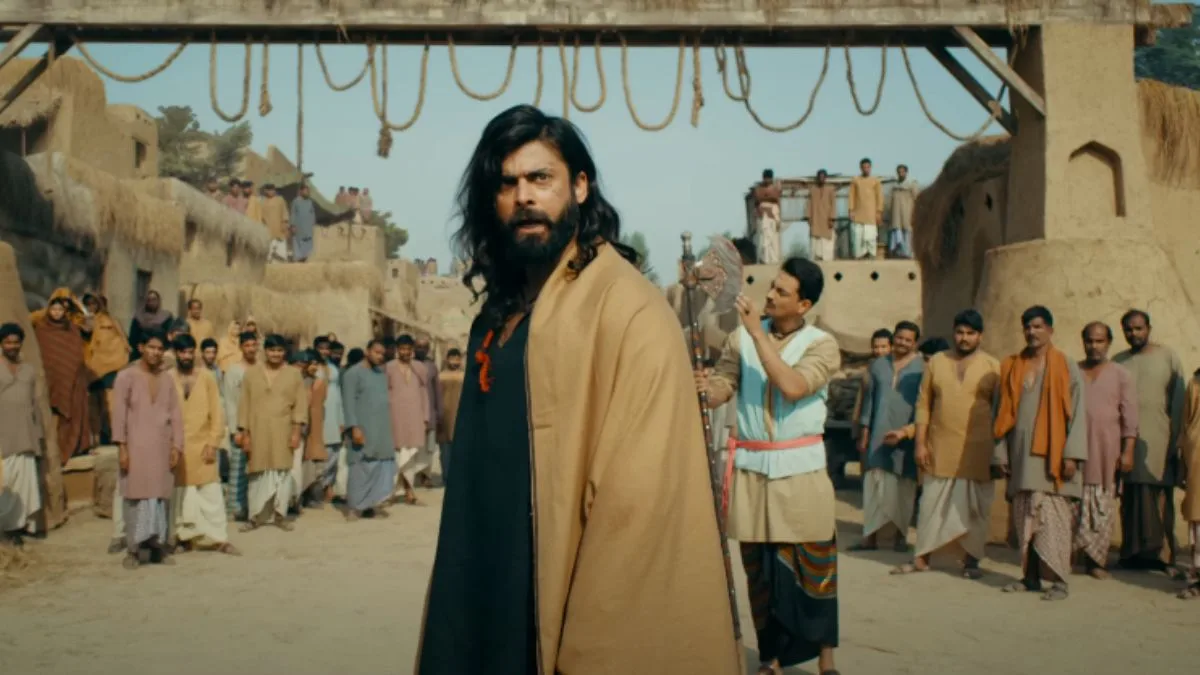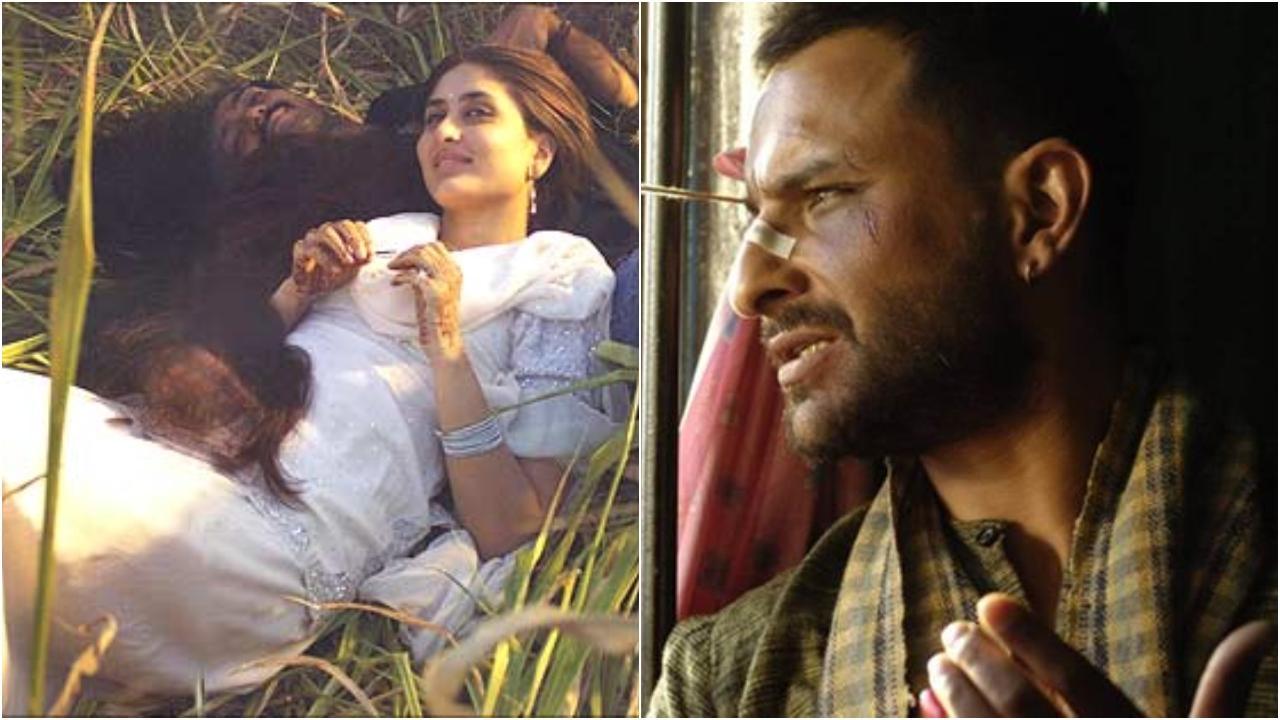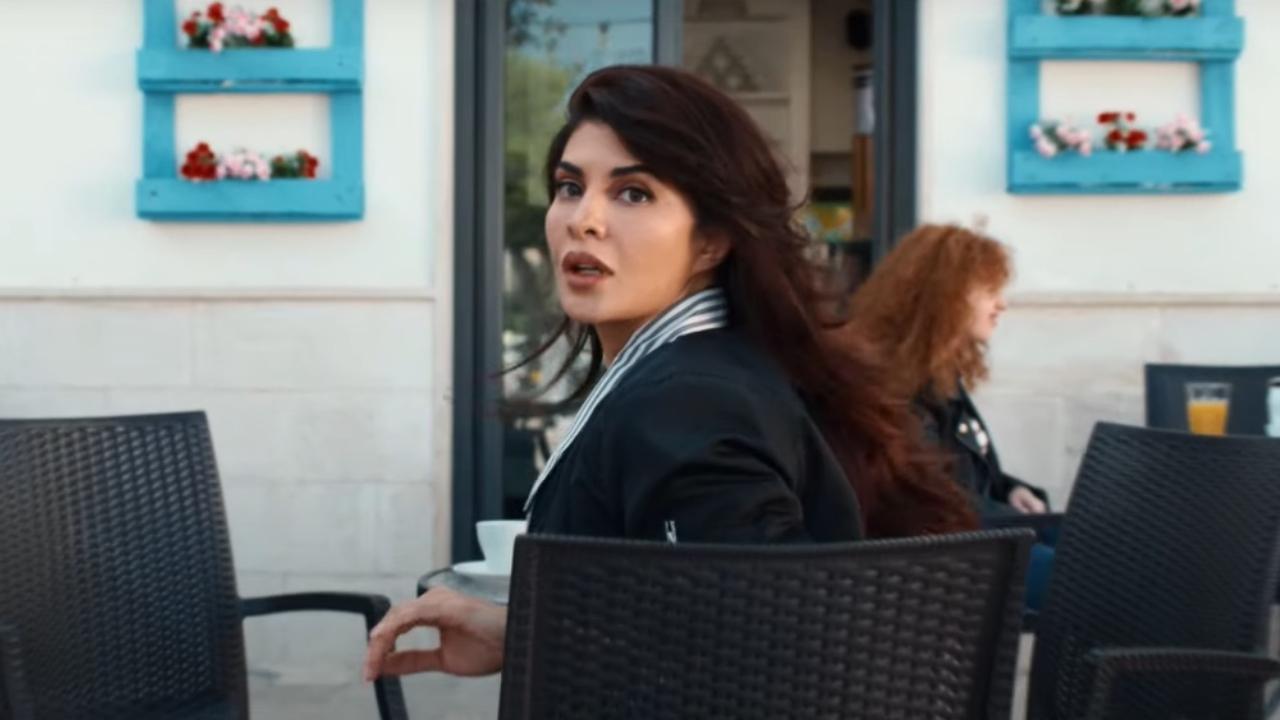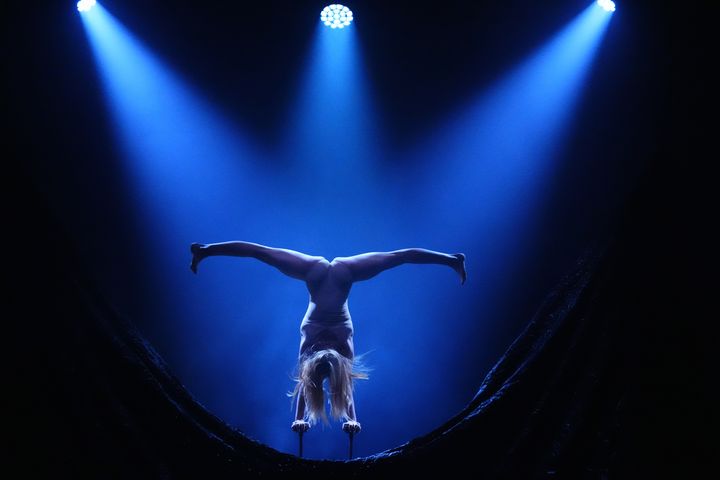Beatles in the Park returns to San Anselmo's Creek Park on Saturday. (Photo by Trevor Henley) Beatles in the Park returns to San Anselmo's Creek Park on Saturday. (Photo by Trevor Henley) San Anselmo's Beatles in the Park celebrates its 20th anniversary this year.
(Photo by Trevor Henley) Beatles in the Park returns to San Anselmo's Creek Park on Saturday. (Photo by Trevor Henley) On their 1967 concept album “Sgt. Pepper’s Lonely Hearts Club Band,” the Beatles were ready to shed their teen-idol baggage by literally transforming into a different group, donning psychedelic marching-band costumes and incorporating everything from Indian classical to pre-war English comic songs into their sound.

On the album’s introductory title track, Paul McCartney announced this new era with one of the most iconic opening lines in rock: “It was 20 years ago today/Sgt. Pepper taught the band to play.” As such, the 20th installment of Beatles in the Park in San Anselmo carries a special significance.
“I’ve been waiting for this since I joined,” says Nish Nadaraja of the San Anselmo Arts Commission, which hosts the annual Beatles tribute at San Anselmo’s Creek Park. The Liddypudlians, one of the most frequent performers at Beatles in the Park, will play at the event on Saturday night. While the event is sold out, donations can still be made on Eventbrite .
The funds will support the San Anselmo Arts Commission’s programs and events. Peter Penhallow, who started Beatles in the Park in 2002 and plays keyboard with the Liddypudlians, says this year’s show will not focus on “Sgt. Pepper” at the expense of the other albums the Beatles released during their brief but startlingly prolific existence.
However, the inclusion of a small orchestra to replicate Beatles producer George Martin’s arrangements allows the band to realize the complex compositions the Beatles prioritized from 1966 to 1970, when they gave up touring and became a studio-only project. “The ‘She Loves You’ era was obviously fantastic,” says Penhallow, referring to one of their earlier and less musically sophisticated hits. “But then you get ‘Strawberry Fields Forever’ and ‘All You Need Is Love,’ with all the George Martin strings and frills, I thought it would be cool to do some George Martin parts.
I guess that was the musical impetus.” Though some Beatles tributes channel the looser sound the band adopted live, the Liddypudlians’ credo is fidelity to the original records. “When we started this show, the vision that Peter had was to recreate the recordings pretty much note for note and line for line on any given song,” says Liddypudlians guitarist David Lusterman.
“We’ve always had a string quartet, we’ve always had brass and woodwinds and a chorus along with the core rock band, that’s been the vision all along.” Penhallow and Lusterman were kids during the American wave of “Beatlemania” that crested in 1964 with the Beatles’ appearance on “The Ed Sullivan Show.” The impact of the four long-haired Liverpool lads’ American TV spots cannot be overstated; thousands of teenagers watched the program, swapped their classical band instruments for guitars and started letting their hair grow to then-shocking lengths.
“It was a kind of a watershed moment for me,” Lusterman says. “I was playing the French horn at the time, which I started playing in the school orchestra. The Beatles came along and were doing something with guitars that was very different, and, like millions of other people at that age, we were mesmerized by the whole phenomenon.
” Penhallow was just as inspired by the Beatles’ 1967 performance of “All You Need is Love” during “Our World,” the first-ever satellite TV broadcast. Recorded during a notoriously turbulent period in global geopolitics, “All You Need is Love” was intended by its writer John Lennon as a global message of peace conveyed in simple language. Though political songs only make up a small portion of the Beatles catalog — and though the Beatles were often criticized during their heyday for writing frivolous songs like “Piggies” rather than fulfilling their perceived duties as the voice of their disaffected generation — Penhallow observes that their music resonates in times of fear and anxiety.
“We started in 2002, and 9/11 happened the year before,” says Penhallow about the event, which went on a brief hiatus during COVID. “I was like, well, let’s do something where hopefully we can forget our troubles for an evening.”.













